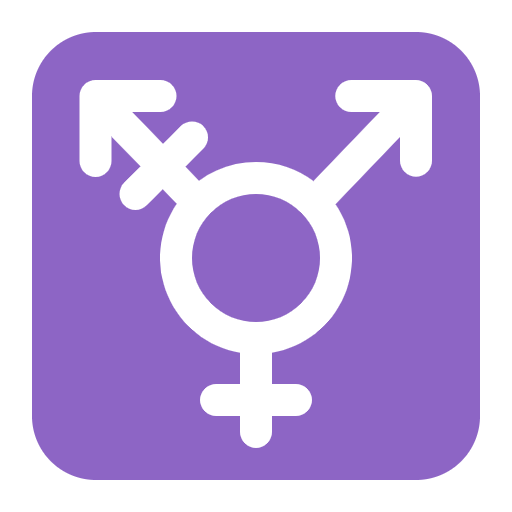Comprehensive Guide on the Name “Angelo”

Angelo
Meaning: Messenger / Gender: Neutral / Pronunciation: AHN-jel-oh
Origin and Historical Background
The name “Angelo” has Italian and Latin origins, deriving from the Latin “angelus,” which means “messenger.” It is closely related to the Greek word “angelos,” also meaning “messenger.” Historically, the name has been prevalent in Italian-speaking regions and has deep connections to Christian religious traditions, often associated with the divine messengers or angels.
Meaning and Cultural Significance
Angelo carries strong spiritual connotations, often thought of as embodying divine qualities. The name is imbued with a sense of spiritual power, heavenly grace, ministerial duties, and blessings. Its use as a neutral name in modern times reflects a broader acceptance of gender inclusivity, allowing it to transcend traditional gender roles and embody a universal sense of goodness and purpose.
Famous Historical Figures with the Name Angelo
1. Michelangelo Buonarroti
- Historical Era: Renaissance (1475-1564)
- Key Contributions: Michelangelo was a renowned Italian sculptor, painter, architect, and poet. He is best known for his works such as the Sistine Chapel ceiling, the statue of David, and the design of the St. Peter’s Basilica dome.
- Cultural Impact: Michelangelo’s work has had a lasting impact on Western art, setting new standards for artistic excellence and humanistic expression.
2. Angelo Giuseppe Roncalli (Pope John XXIII)
- Historical Era: 20th Century (1881-1963)
- Key Contributions: As Pope John XXIII, he convened the Second Vatican Council (1962-1965), which brought significant reforms to the Roman Catholic Church, promoting ecumenism and modernization.
- Cultural Impact: His progressive vision and efforts at fostering interfaith dialogue have left an enduring legacy in the Catholic Church and the broader religious world.
Usage Over Time
The name Angelo has seen varying levels of popularity throughout history. In Italy, it has been a common name for boys for centuries. In the United States, the name gained some popularity among Italian-American communities and beyond. According to the Social Security Administration, the name has enjoyed steady use, peaking in the mid-20th century but remaining a classic and timeless choice.
Pronunciation Guide
To pronounce “Angelo,” say AHN-jel-oh. The emphasis is placed on the first syllable, with a soft “g” sound similar to “j” in “jelly.”
Biblical Context
While “Angelo” itself is not a name found in the Bible, its root, “angelus” (Latin for “angel”), appears extensively in Christian texts. Angels serve as messengers of God, heralding significant events and delivering divine messages to humanity. The name embodies a connection to these heavenly beings, imbuing it with a spiritual and religious essence.
Additional Unique Information
Numerology
The name Angelo is associated with the number 7 in numerology, which signifies introspection, spiritual awakening, and a quest for knowledge.
Variations
Variations of the name Angelo include Angel (Spanish), Angelos (Greek), Angele (French), and Anjelo (used in some English-speaking countries).
Cultural Variants
The name Angelo is used in various cultures, often with slight modifications in spelling or pronunciation. In Spanish-speaking countries, it is commonly spelled as “Ángel.”
Popularity Information
According to the Social Security Administration, Angelo was consistently listed among the top 500 names in the United States for most of the 20th century. Its popularity peaked in the 1930s and has seen moderate usage since then. It remains a popular choice due to its strong cultural and spiritual significance.

